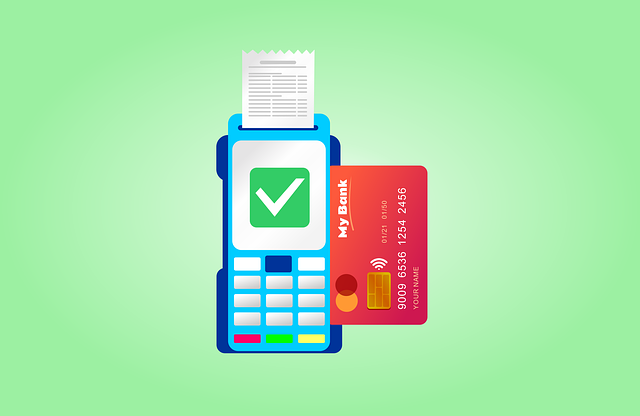Invoice financing provides SMEs with rapid access to cash flow by selling accounts receivable, offering benefits like improved liquidity and flexibility for short-term expenses and investments. However, it also carries drawbacks such as higher borrowing costs, default risks that may harm credit scores, and potential impacts on cash flow management. Weighing the pros and cons is crucial for companies considering invoice financing to strengthen their capital position and leverage accounts receivable effectively while minimizing risks.
Invoice financing, a financial tool that allows businesses to access cash flow by selling outstanding invoices, has gained traction in recent years. This method provides immediate liquidity, helping companies manage expenses and growth opportunities. However, understanding its impact on credit scores is crucial. This article explores the dual nature of invoice financing: examining the pros and cons it offers to businesses while dissecting how it influences creditworthiness and scoring. By weighing these factors, entrepreneurs can make informed decisions regarding this alternative funding source.
- Understanding Invoice Financing and Its Basic Functionality
- The Impact on Credit Scores: Pros of Invoice Financing
- Potential Drawbacks: Cons of Invoice Financing and Mitigating Factors
Understanding Invoice Financing and Its Basic Functionality

Invoice financing is a financial service that allows businesses to access cash flow by selling their outstanding invoices (or accounts receivable) to a third-party funder, known as an invoice financing provider. This funding mechanism is especially beneficial for small and medium-sized enterprises (SMEs) as it offers quick access to capital, enabling them to meet immediate financial obligations or invest in growth opportunities. The process typically involves the financier reviewing the company’s invoices, setting a percentage of these invoices as security, and then advancing the business the desired funds. Repayment is usually made directly by the customers when they settle their invoices.
While invoice financing can be a powerful tool for businesses, it comes with its own set of pros and cons. On the positive side, it provides rapid funding, improves cash flow, and offers flexibility in managing financial needs. However, it may also result in higher borrowing costs due to interest rates and fees compared to traditional loans. Additionally, there is a risk of default if customers fail to pay their invoices on time, which can negatively impact the business’s credit score and financial health. Understanding these dynamics is crucial for businesses considering invoice financing as a means to enhance their capital position.
The Impact on Credit Scores: Pros of Invoice Financing

Invoice financing can have a positive impact on credit scores, offering several advantages for businesses looking to improve their financial health. One of the key benefits is access to immediate working capital. By selling invoices at a discount, companies can receive cash flow quickly, enabling them to cover short-term expenses and invest in growth opportunities. This timely access to funds can boost operational efficiency and enhance overall creditworthiness.
Moreover, invoice financing provides an alternative credit source that traditional banking methods may not offer. It allows businesses, especially those with seasonal revenue fluctuations or large outstanding invoices, to tap into the value of their accounts receivable. This strategic use of existing assets can help maintain a strong credit profile, demonstrating responsible financial management and potentially leading to improved credit scores over time.
Potential Drawbacks: Cons of Invoice Financing and Mitigating Factors

Invoice financing can be a powerful tool for businesses looking to improve cash flow, but it’s not without potential drawbacks. One of the main cons is that it can significantly impact credit scores. Lenders who offer invoice financing often require a percentage of future invoices as collateral, which means businesses must maintain strong financial health to qualify and avoid defaulting on payments. This can put additional pressure on cash flow management and working capital.
However, there are mitigating factors to consider. Many providers offer flexible terms and customized solutions tailored to individual business needs. Responsible usage, combined with timely repayment, can actually enhance creditworthiness over time. Additionally, some alternative invoice financing platforms utilize advanced technologies like AI for risk assessment, potentially offering more accessible options for businesses that might struggle with traditional financing criteria.






